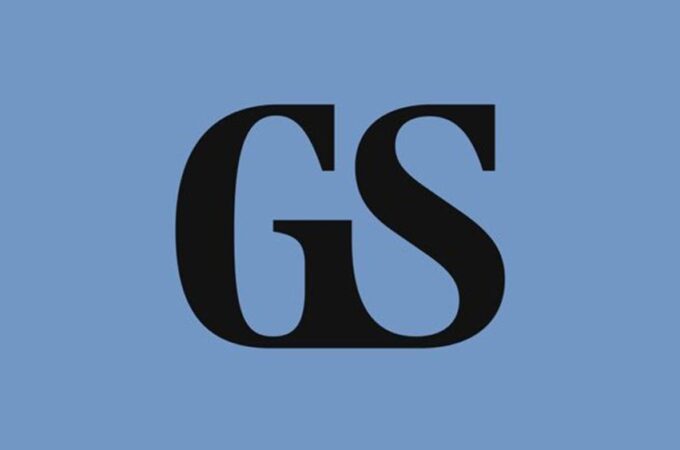
Digital banks overdraft charges: What does it mean for digital banks?
via AltFi
Despite all the economic uncertainty as a result of the coronavirus pandemic many banks are still required to go ahead with planned changes to overdrafts.
The Financial Conduct Authority (FCA) announced in June 2019 that it was set to introduce new rules to help regulate the overdrafts that banks can offer in April 2020.
The new regulations mean that banks can charge up to 39.9 per cent EAR on unarranged overdrafts.
EAR stands for effective annual rate, which is the amount of interest you pay if you are overdrawn for a year–this rate doesn’t include additional or late fees.
Well, April is now just a stone’s throw away so AltFi had a dig around to see what these changes will mean for those of us who have overdrafts with digital banks.
Starling Bank
Starling Bank currently offers arranged overdrafts up to £5,000 and with a single flat interest rate of 15 per cent (EAR variable).
Under the new system, the digital bank will now offer 15 per cent, 25 per cent and 35 per cent interest on arranged overdrafts for personal current accounts.
The interest customers pay will be calculated by using their credit scores to determine which block they fall into.
In a blog post on Starling’s website its founder, Anne Boden said: “Borrowing money on an overdraft can be stressful enough without having to worry about whether or not you can understand the charges attached.”
“That’s why Starling has always had a simple, transparent and easy-to-understand approach to its overdraft charging.”
Boden went on that when the changes were outlined last year, she applauded as it meant in her eyes that traditional banks would have to stop charging customers when they fall into their overdrafts.
Starling is also removing the maximum monthly charge of £2 when customers accidentally fall into their unarranged overdrafts and introducing an alert for when customers dip into both their arranged an unarranged overdrafts.
Monzo
Monzo is also making changes to the way it charges for overdrafts.
Similar to Starling, the digital bank will be offering customers interest based on their credit scores.
Instead of the current 50p daily overdraft charge, customers will now be charged 19 per cent, 29 per cent or 39 per cent EAR depending on their credit scores.
The bank currently offers overdrafts up to £3,000 and has said in a blog post it believes 87 per cent of people will be better off under the new system.
Monzo is also removing the free £20 overdraft buffer currently in place but has said under the new regulations someone who goes £20 overdrawn will pay a maximum of 57p based on EAR of 39 per cent.
Other digital banks
Starling and Monzo are currently the only two mainstream digital banks to be offering their customers overdrafts.
Revolut doesn’t currently offer customers overdrafts and when asked if it would soon, a spokesperson told AltFi that they wouldn’t provide a timeframe at this point in time.
Also, if the digital bank were to start lending it would first offer its Lithuanian customers (where the bank’s licence is based) the chance to apply for overdrafts first before its UK customers.
Similarly, Dutch app-only bank Bunq doesn’t look set to offer overdrafts to its customers anytime soon.
If you still want to apply for an overdraft with either Starling or Monzo both banks have a handy tool on their websites where customers can calculate how much interest they will have to pay on their overdrafts following the introduction of the changes on 1 April 2020.





